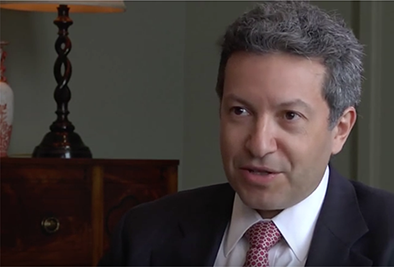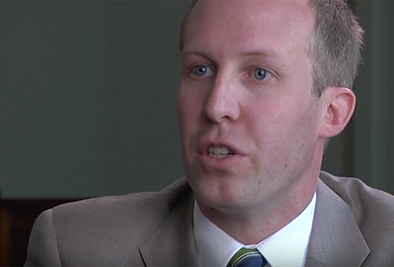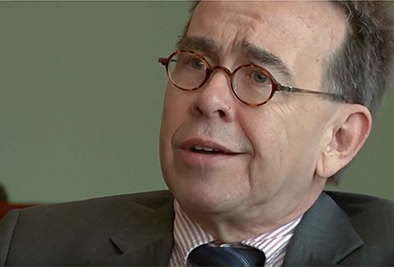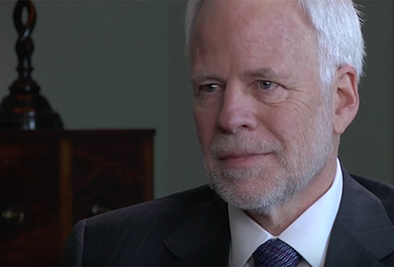Perry G. Mehrling is professor of economics at Pardee School of Global Studies at Boston University. He was professor of economics at Barnard College in New York City for 30 years. There, he taught courses on the economics of money and banking, the history of money and finance, and the financial dimensions of the U.S. retirement, health, and education systems. His most recent book is The New Lombard Street: How the Fed became the dealer of last resort (Princeton 2011). His best-known book Fischer Black and the Revolutionary Idea of Finance (Wiley 2005, 2012) has recently been released in a revised paperback edition. Currently, Prof. Mehrling directs the educational initiatives of the Institute for New Economic Thinking, one of which is his course Economics of Money and Banking, available on Coursera at www.coursera.org/course/money.
Perry G. Mehrling
By this expert
Heterodoxy and The Economist
When I started this blog, almost exactly one year ago today, my thought was to provide commentary on the financial events of the day, using the Financial Times as my primary source of information about those events.
John Whittaker: Eurosystem balances explained
[The following guest post is by John Whittaker, from whom we have learned much of what we know about how the European payments system works. See his terrific papers here and here, both of which reward close study. He has been looking over the last couple Money View posts, and the comments to those posts, and has this to say.]
The IMF and the Collateral Crunch
Why is the IMF getting involved in the Eurocrisis, and why is its involvement taking the form of lending to individual member states of the Eurozone?
First the ECB, then the IMF, Part One
The fact of the matter is that European bank funding markets are collapsing onto the ECB balance sheet.
Featuring this expert
When Banks Fail, the Case of Japan

What happens to Main Street when Wall Street fails? Japan expert David Weinstein squeezes a unique data set to answer this question.
Modeling Asset Markets when Knowledge is Ambiguous

When you flip a coin, you expect heads and tails to show up with a 50% chance each. But what if all you knew was that heads and tails each have a chance of at least 25%? That’s how Scott Condie captures Knightian uncertainty in asset markets.
How Economists Used to Be Made

Economists aren’t born, they’re made. Irwin Collier digs into archives to find out how Paul Samuelson and his generation were made.
Why Economics Needs History

What challenges will China have to surmount in order to make its currency a true international currency?
